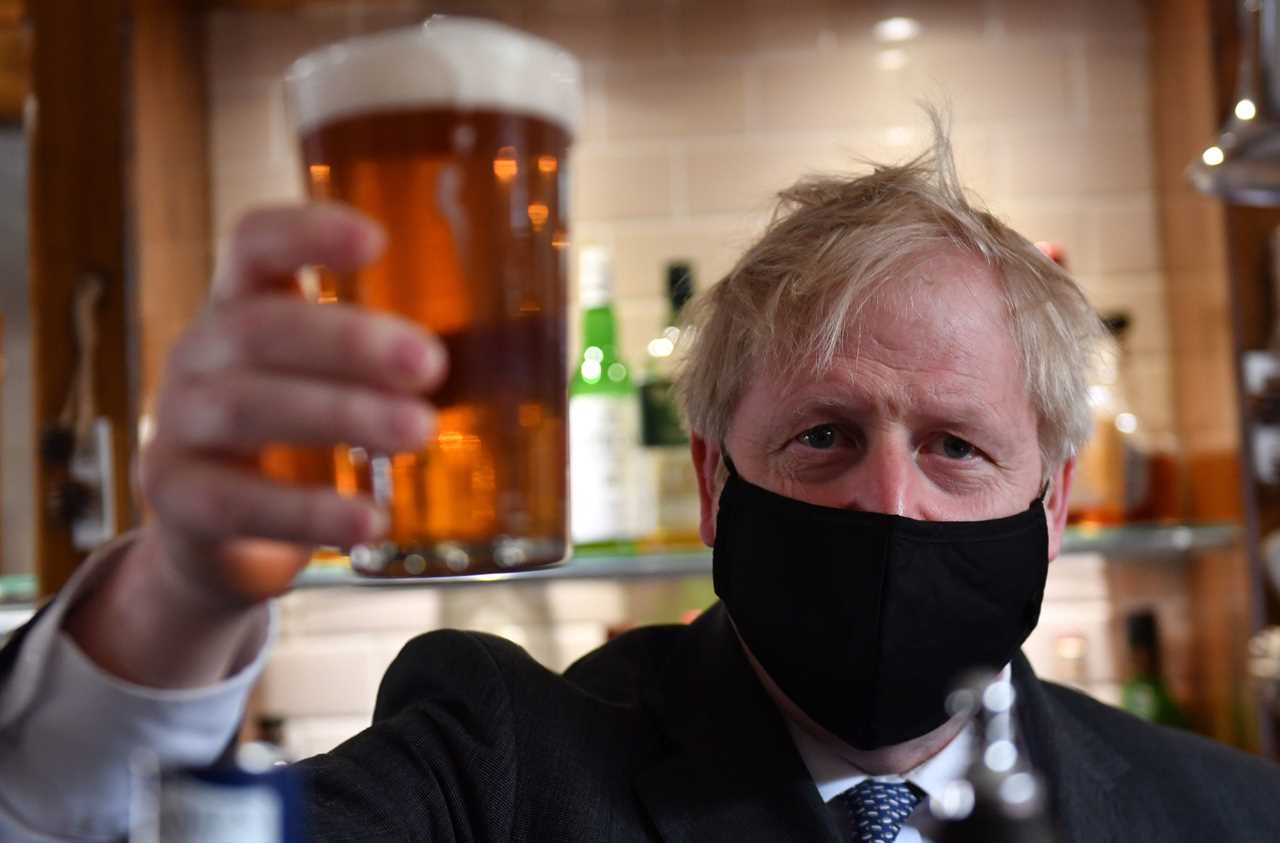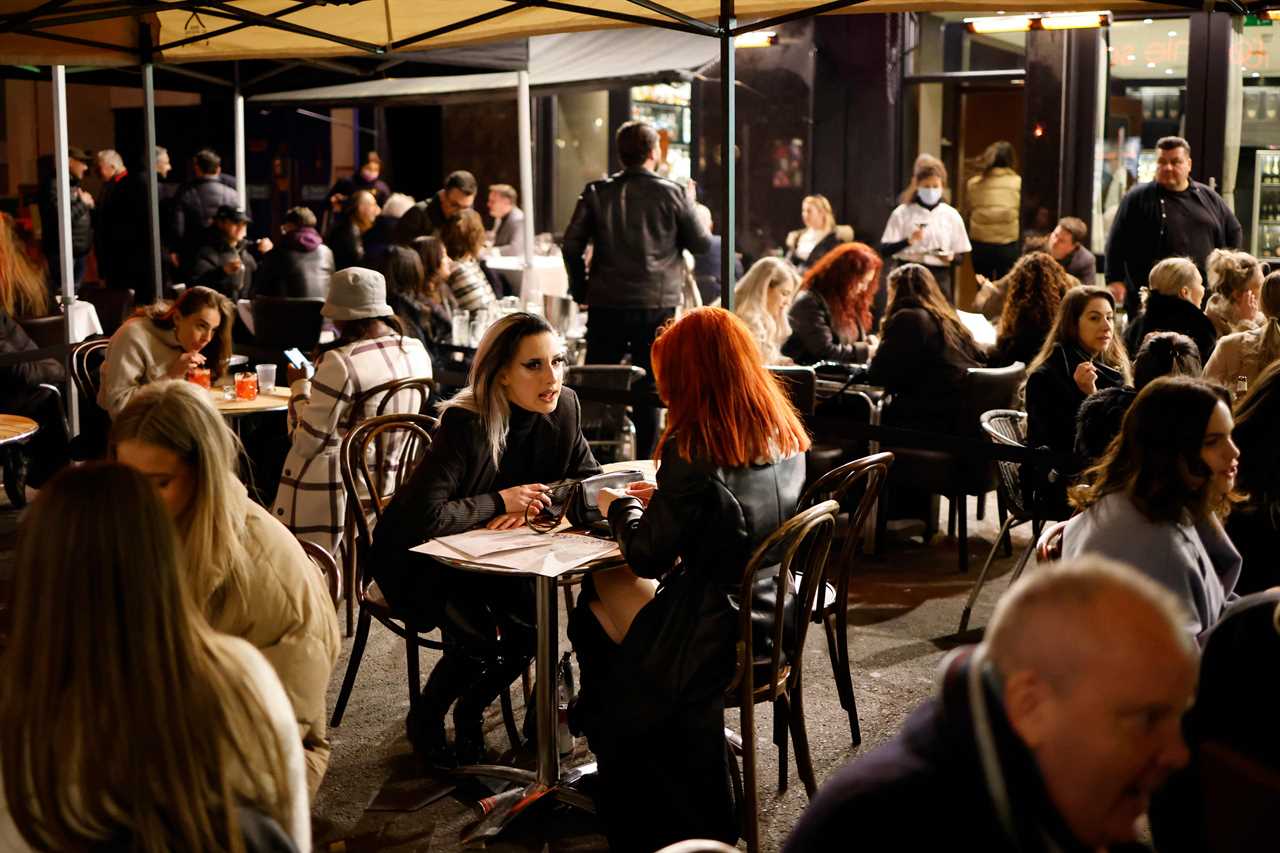PUNTERS may need to present Covid vaccine certificates to enter bars and restaurants after summer amid fears of a fourth wave.
The Government shelved plans for jab passports to be compulsory when the country unlocks on Freedom Day – but refused to rule out the need for them in the future if cases spiral.

Read our coronavirus live blog for the latest updates


Ministers scrapped plans to write the use of certification to gain entry to some public spaces into law from July 19 as it would have been unfair on youngsters yet to have their second dose.
A No10 review of the proposed mandate also shined a light on the “burden” it would cause businesses hard-hit by months of lockdown.
But while Boris Johnson announced that jab passports will not be needed when Covid restrictions are lifted this month, No10 has hinted they made be used in coming months.
A note in the Government’s Freedom Day blueprint reads: “However, it is possible that certification could provide a means of keeping events going and businesses open, if the country is facing a difficult situation in autumn or winter.
“Any future implementation would involve consultation and appropriate parliamentary scrutiny.”
Experts reportedly hope introducing vaccine passports over the autumn and winter months would drive jab rates up among younger generations, as well as stop a fourth wave.
The move would see venues such as pubs and clubs forced to make customers show that they’ve had both shots or a negative test result on the day before.
More than half of the UK’s population is fully vaccinated, with more than 79.8million doses given since the rollout began.

It comes as a new study has highlighted just how important it is to get both Covid vaccine doses to beat the Delta variant.
The strain, which is running rampant throughout the UK, is easily passed from person to person and cases are rising.
Vaccines drastically weaken the effect of the variant if you get infected but, crucially, its spread is only impacted if everyone is double jabbed.
Just one dose of Pfizer or AstraZeneca only gives 10 per cent protection against catching the bug, scientists at the Institut Pasteur in Paris found.
They discovered that after two jabs, 95 per cent of samples developed neutralising antibodies against Delta.
The authors wrote: “We isolated an infectious Delta strain from a traveller returning from India.
“We examined its sensitivity to monoclonal antibodies (mAbs) and to antibodies present in sera (blood serum) from Covid-19 convalescent individuals or vaccine recipients, in comparison to other viral strains.
“Sera from convalescent patients collected up to 12 months post symptoms were 4 fold less potent against variant Delta, relative to variant Alpha (B.1.1.7).
“Sera from individuals having received one dose of Pfizer or AstraZeneca vaccines barely inhibited variant Delta.”
While a single shot does stop the virus turning into a serious infection or cause hospitalisation by 94 (Pfizer) and 71 per cent (AstraZeneca), it’s best not to catch it at all.
Meanwhile, the UK’s official R rate has gone up to 1.5 – as Covid cases reach highs not seen since February.
It is quite a leap on from last week, following on from dramatic increases in infections all over the country.
Last week scientists said the R rate for England was 1.1 to 1.3, and as high as 1.6 in the South West.
People testing positive for Covid in England, Wales, Scotland and Northern Ireland have increased, the latest Office for National Statistics data shows.






